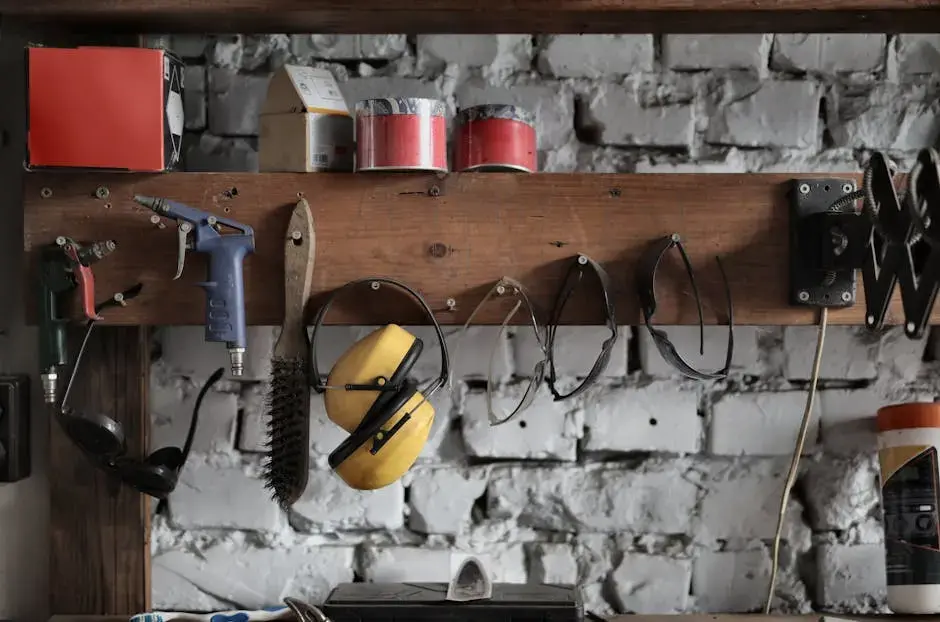The Impact of Preventative Maintenance and Industrial Repair Service on Equipment Longevity
- GJH Motors
- Sep 4, 2024
- 4 min read

Understanding the Significance of Maintenance Strategies
Maintenance strategies are the backbone of ensuring the smooth operation and longevity of industrial equipment. Whether it's regular inspections, cleaning, or parts replacement, each aspect plays a crucial role in preventing costly breakdowns. By implementing a well-thought-out maintenance plan, businesses can significantly reduce downtime and avoid unexpected failures that could halt production lines.
One key aspect of maintenance strategies is predictive maintenance, which uses data and analytics to predict when equipment failure might occur. This proactive approach allows for timely interventions and helps in preventing more severe issues down the line. Understanding the specific needs of each piece of equipment is essential in tailoring maintenance schedules to optimize performance and durability.
Moreover, preventive maintenance goes beyond just fixing problems when they arise; it focuses on regular upkeep to keep equipment in top condition. By lubricating moving parts, checking for leaks, and ensuring all components are functioning correctly, industrial machinery can operate efficiently and have an extended lifespan. The significance of maintenance cannot be overstated in the industrial sector.
Benefits of Preventative Maintenance for Equipment Longevity
The benefits of preventative maintenance for equipment longevity are multiple and far-reaching. Not only does it extend the lifespan of machinery, but it also enhances operational efficiency. Regular maintenance ensures that all components are working optimally, reducing the risk of sudden breakdowns that can disrupt production schedules.
Additionally, investing in preventative maintenance can result in cost savings in the long run.
By identifying and rectifying minor issues early on, businesses can avoid major repairs that are not only more expensive but also lead to significant downtimes. This proactive approach to maintenance is a strategic investment in the reliability and longevity of industrial equipment.
Furthermore, another benefit of preventative maintenance is improved safety. Well-maintained equipment is less likely to malfunction and cause safety hazards in the workplace. Keeping machinery in top condition reduces the risk of accidents, ensuring a secure environment for workers. The holistic advantages of preventative maintenance make it indispensable for industrial operations.
Common Industrial Equipment Wear and Tear Issues
Industrial equipment is subject to various wear and tear issues due to the demanding nature of industrial processes. Among the common problems faced are mechanical wear, corrosion, and electrical component failures. These issues can significantly impact the performance and longevity of machinery if not addressed promptly.
Mechanical wear, caused by friction and stress on moving parts, can lead to part failures and reduced efficiency. Corrosion, often a result of exposure to harsh environments, can deteriorate equipment over time if preventive measures are not taken. Electrical failures, such as short circuits or blown fuses, can disrupt operations and pose safety risks.
Regular inspection and maintenance are essential in identifying and mitigating these wear and tear issues. Detecting early signs of wear, rust, or electrical irregularities can prevent more extensive damage and costly repairs. Industrial facilities must stay vigilant in monitoring equipment health to ensure uninterrupted operation.
The Role of Industrial Repair Services in Equipment Longevity
Industrial repair services play a vital role in extending the longevity of equipment by offering timely and expert maintenance and repair solutions. When industrial machinery experiences issues beyond regular maintenance, repair services step in to diagnose and fix the problem efficiently. Their expertise and specialized knowledge are invaluable in restoring equipment to optimal condition.
One of the key benefits of industrial repair services is their quick response times, minimizing downtime for businesses. Whether it's emergency repairs or scheduled maintenance, having a reliable repair service provider can make a significant difference in operational continuity. With prompt attention to equipment issues, repair services contribute to maximizing productivity and overall efficiency.
Moreover, industrial repair services not only fix existing problems but also offer advice on preventive measures to avoid future issues. Their proactive approach to maintenance can help businesses prevent costly breakdowns and ensure smooth operation. By partnering with reputable repair services, companies can enhance the performance and durability of their industrial equipment.
Choosing the Right Maintenance and Repair Provider
Selecting the right maintenance and repair provider is a critical decision for businesses looking to safeguard their industrial equipment. When choosing a provider, factors such as experience, expertise, and reliability should be carefully considered. An experienced provider with a track record of quality service is more likely to meet the maintenance needs of complex industrial machinery.
Additionally, assessing the range of services offered by a maintenance provider is essential. From routine maintenance to emergency repairs, a comprehensive service portfolio ensures that all maintenance requirements are met effectively. Understanding the provider's response times and availability is also vital in ensuring minimal disruption to operations during equipment breakdowns.
Furthermore, businesses should prioritize providers that offer tailored maintenance plans to suit the specific needs of their equipment. A customized maintenance schedule that aligns with the operational demands and criticality of machinery can optimize performance and minimize unexpected failures. Choosing a maintenance and repair provider that values proactive maintenance can result in long-term benefits for industrial operations.




Comments